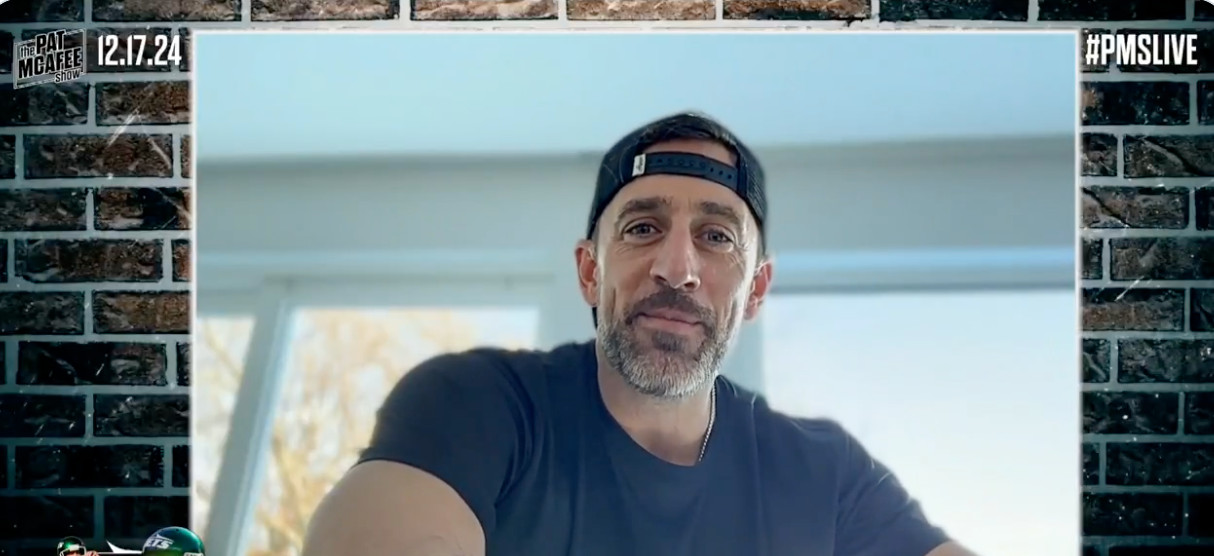Relaxed Degree Requirements Bring Hope For Diversity In The Workforce
Do you really need a bachelor's degree?

A November 2023 survey of 800 leading U.S. employers revealed that nearly half of American companies are planning to do away with bachelor’s degree prerequisites for certain roles in 2024.
The survey, administered by Intelligent, further indicates that companies, which already took steps to remove bachelor’s degree requirements in 2023, are also more inclined to extend this change to a wider range of positions compared to companies that did not make such adjustments.
In a June article, Freeopp.org’s research fellow Preston Cooper explained that jobs which in the past had been open to high school graduates now require a bachelor’s degree.
Cooper said this development is “degree inflation.”
“Degree inflation harms Americans, especially those below the median income and those without four-year degrees,” he wrote. “There are three main channels through which the phenomenon hurts the working class and reduces economic efficiency: it closes job opportunities for workers without degrees, exacerbates labor shortages, and reduces the financial return of a college education.”
Cooper added the government should get involved. According to Vox, some governors already have.
A mix of Republican and Democratic governors eliminated the requirement for a four-year degree in state government jobs. Research indicates that nearly two-thirds of the American workforce has been locked out of upward mobility due to artificial bachelor’s degree requirements. In 2017, a Harvard Business School study discovered that among other things, degree inflation was particularly harmful for Black and Latinx applicants because they are less likely to have college diplomas.
Another Harvard study, “Reach for the STARs,” found that workers in low-wage jobs usually have skills that are in high demand from higher wage employers. The study noted that five million workers without college degrees were already employed in jobs that paid at least $77,000, which the study said proved “that a bachelor’s degree is not the only route to gain skills for higher wages.”
In 2020, Shad Ahmed and Peter Blair, two employment researchers, noted in a piece for The Wall Street Journal that degree requirements for jobs that don’t truly require them are actively harmful for Black job seekers, writing, “Nonessential degree requirements aren’t race-neutral.”
Ahmed and Blair wrote, “They embed into the labor market the legacy of Black exclusion from the U.S. education system—namely, the antiliteracy laws that made it illegal for Blacks to learn to read, the separate and unequal schools that kept them from catching up, and the limited progress since then on policies designed to remedy racial discrimination.”
Elyse Rosenblum, founder of Grads of Life, a nonprofit organization pushing to reform employment practices, told Vox that even though employers are slowing down their hiring, Rosenblum hopes they don’t return to their previous mistakes.
“I do have frankly a lot of concern,” Rosenblum said. “We’re having a lot of change in our labor market, things are weakening, and we’re seeing companies doing hiring freezes and layoffs. We’re spending a lot of time talking with business leaders about the need to make sure we don’t go back to what happened in the 2008 recession.”
While Rosenblum’s concern is warranted, the Intelligent survey elicits some hope that as degree requirements are relaxed, work forces could become more diverse, as Diane Gayeski, a professor and higher education advisor, said, “Due to the expense of attending college, earning a bachelor’s degree is generally more difficult for people from traditionally marginalized groups and those from lower socioeconomic backgrounds.
“If a student’s parents didn’t attend college or if they are from outside the U.S., it can be much more difficult to know how to navigate applying to colleges and finding scholarships and other resources,” she added. “Eliminating a bachelor’s degree can open jobs up to individuals who weren’t able to attend college.”
RELATED CONTENT: U.S. Job Market Posts Strong Numbers Despite Inflation












